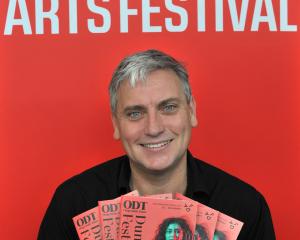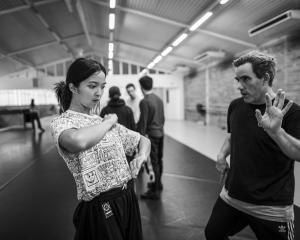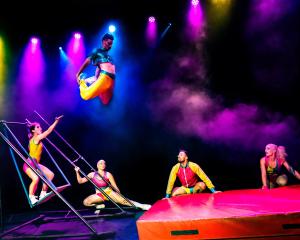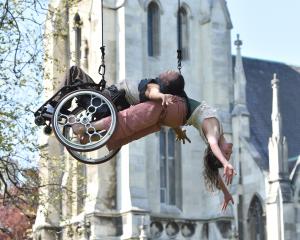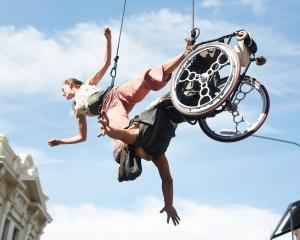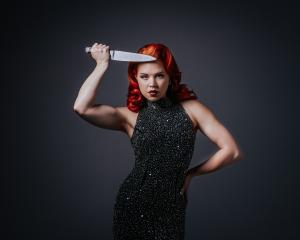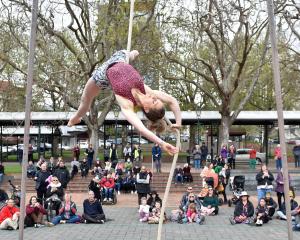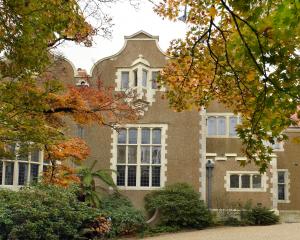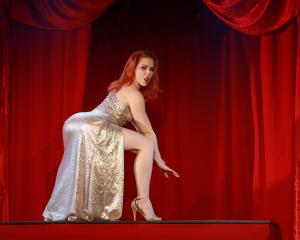A Q&A session with Robin Kelly, of Valerie.
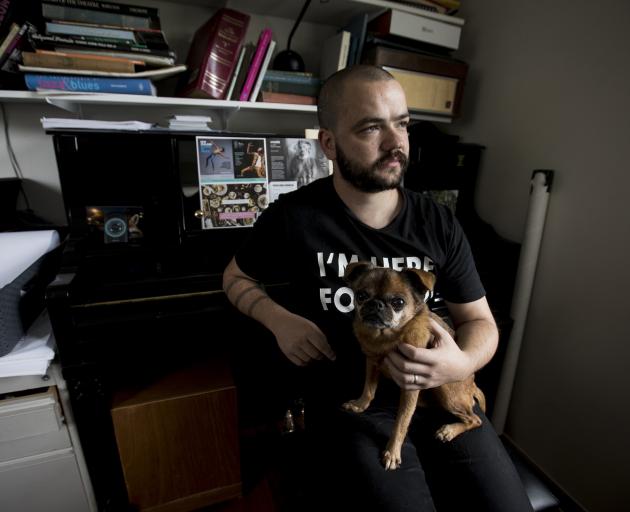
When we first started making the show, I thought we were just going to talk about my grandmother, Valerie. I'd become fixated on stories of her life and her relationship with my grandfather, Graeme. But the more you deal with someone's precious, personal, and often challenging stories, the more you need to be sure you have a good reason for doing so. So I started to really investigate why I wanted to explore Valerie's life, and it soon became evident that I was trying to pick at a deep lurking fear in myself. A fear that was keeping me up at night. The fear that my mental health struggles are written in my genes and that I've been locked in to repeat my family's troubled history. Once I realised that this was the driving force behind the show, I decided to address that issue more directly, more honestly. Stare that fear in the face.
What do you hope the show gets across to the audience?
The fear I mentioned plays a big part in the show, but it's not a show about fear, it's a show about love and resilience. It's a show about how we all might have monsters in the closet, but we also have someone in our lives, be it a grandparent, parent, friend or partner, who can help us through. I hope people leave the show a little less afraid of what life might bring, and a little more thankful for the people we have seeing us through.
Tell us about the musical elements of the show.
The three of us on stage (myself, my partner, Cherie Moore, and good friend Tom Broome) are all musicians. That's our craft. That's how we express ourselves. So it only seemed right to use music to underscore this story. We wrote songs that are like a soundtrack. They give us a chance to blow the roof off a little bit, let the emotional qualities of the stories soar.
You trained in genetics. How does that come through in the show?
When life gets really hard I try to use science to understand it. Try to rationalise. When I made this show and started to explore intergenerational trauma and mental health, I naturally turned to my science training to try and understand it. I use science lectures throughout the show not only as an opportunity to explore these difficult topics with cold impartial ``facts'', but also to try and break through the barrier of genetics and understand the real and personal impact these abstract concepts have on us as individuals.
Are science and art strange bedfellows?
Not at all. Science is rife with storytelling and metaphor; that's how we understand the world and science is not immune to that (even though it might try to be). Science is just another language to explore the world with, and artists can use any language available to them to tell powerful, life-changing stories.
Who do you think the show will appeal to?
This show will resonate with anyone who's ever felt a small twinge of fear about what they might have had passed down to them through the generations, or watched someone with that same fear. Which is basically everyone, right? The worries we have about the dangers lurking in our DNA are fairly universal, and so is this opportunity to instead celebrate the resilience that may be found there as well.
There is an opportunity to talk about the play at its conclusion. Tell us about that.
The show is an opportunity to fill the room with some pretty strong emotions. And emotions can be hard and emotions can be scary. So we like to have an opportunity after the show to just let those emotions go. To talk with everyone about their own experiences and to leave the theatre feeling a little more connected. It's casual and informal and can be as little as a wave or a hug, but that moment of parting connection is a really important way of letting people know they're not alone, and to thank them for sharing the space with us for an hour.

